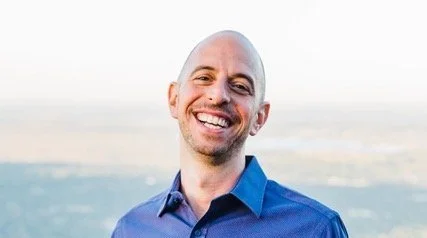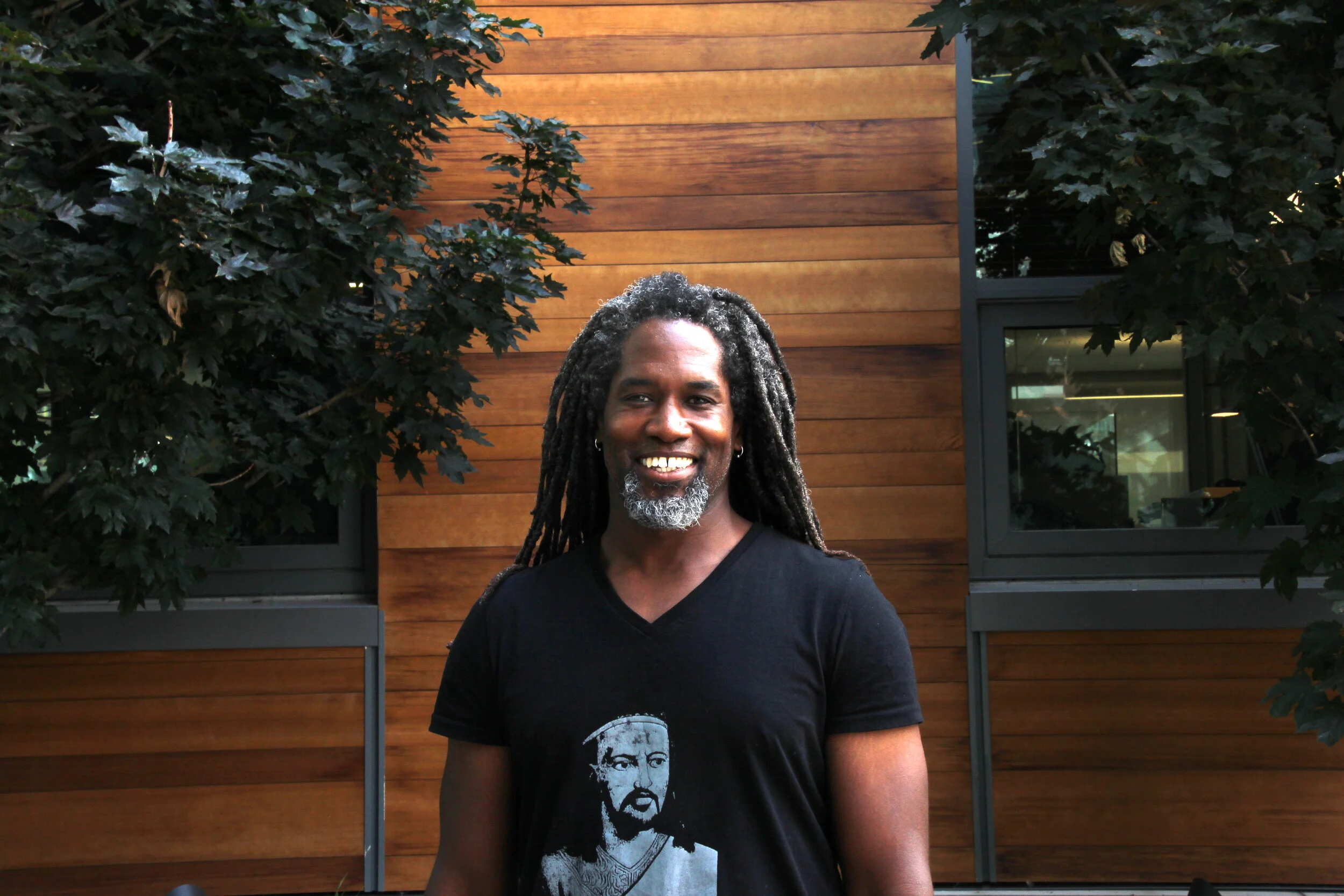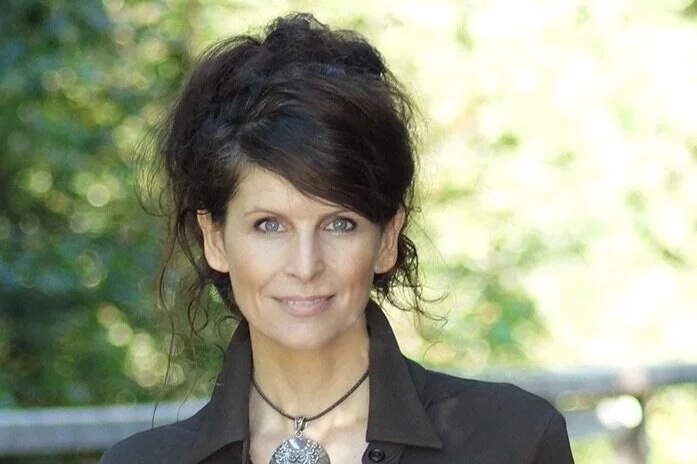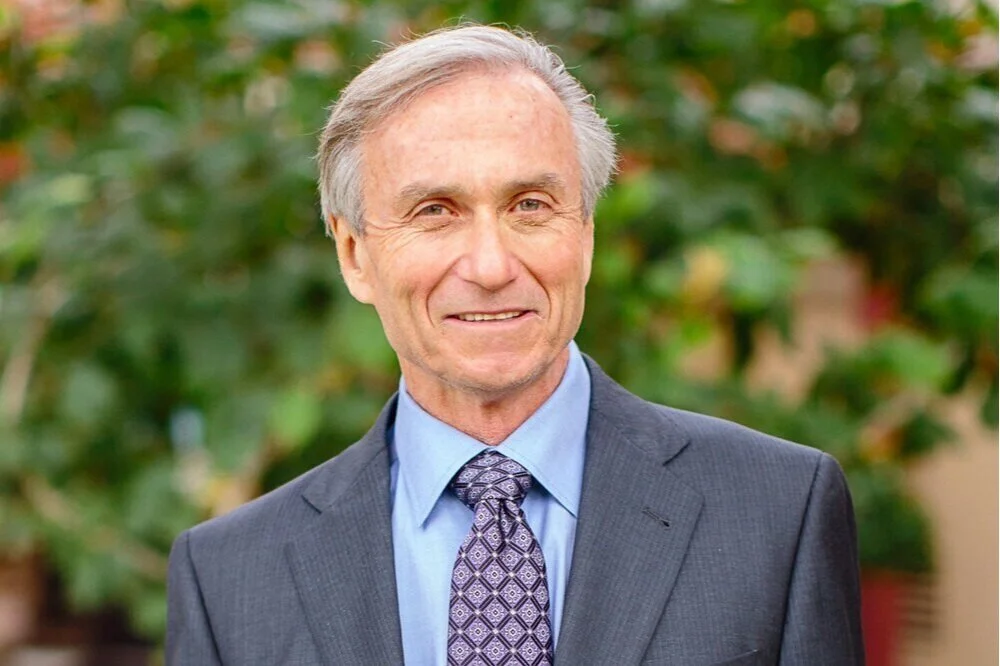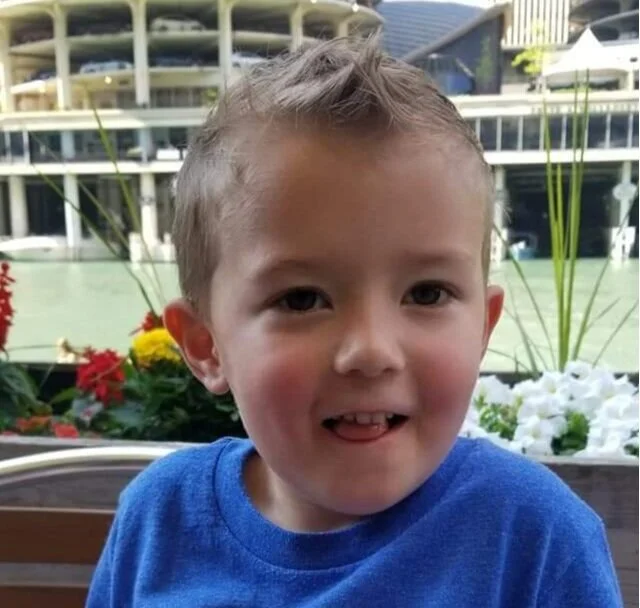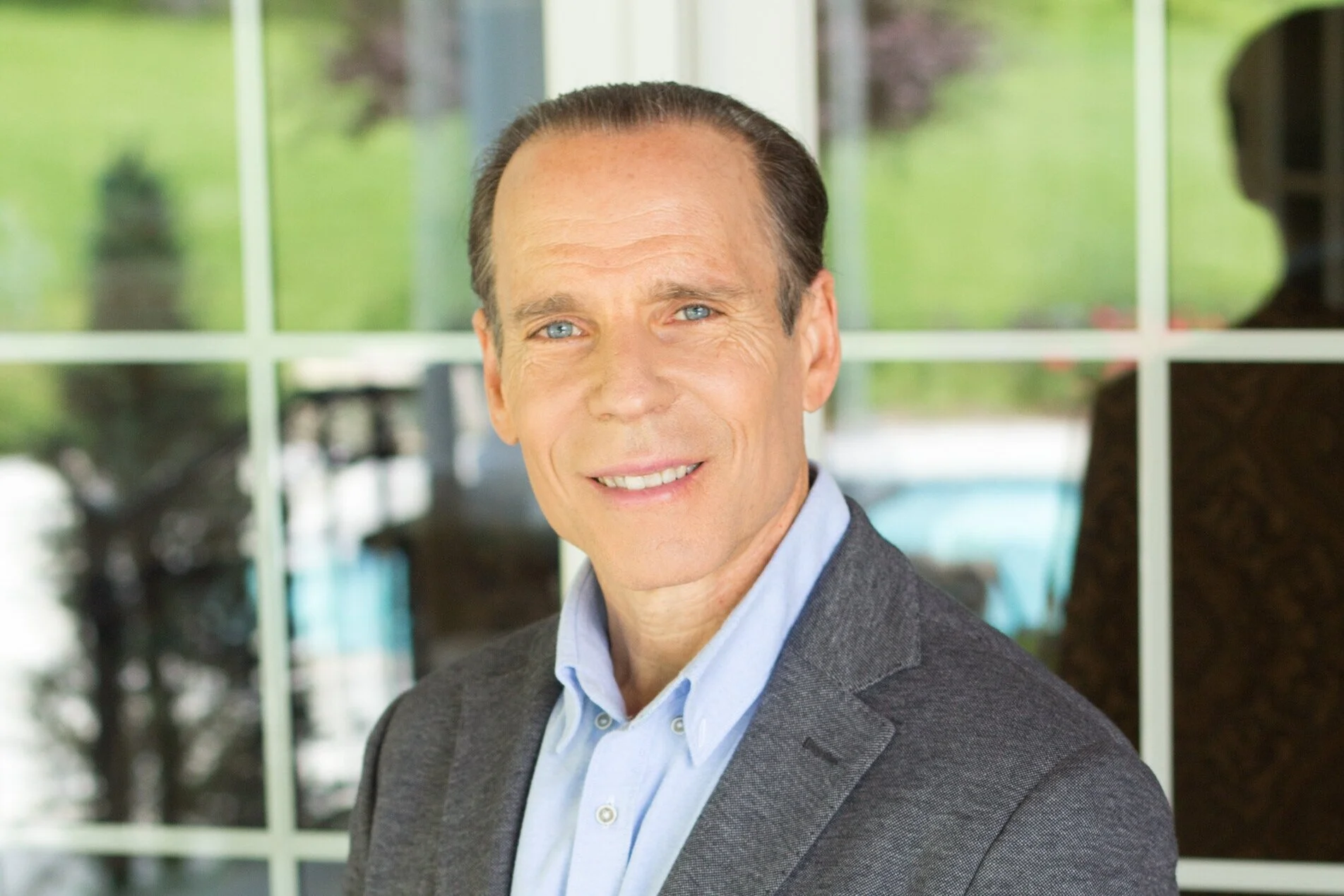Why 'Follow Your Dreams' May Be the Worst Advice You Ever Heard
"'Follow your dreams.' It's impossible to do without self-knowledge, what takes years. You discover your 'dream' (or sense of purpose) in the very act of walking the path, which is guided by equal parts choice and chance." Maria Popova's response to Tim Ferriss's question regarding the worst advice she ever heard in the book Tools of Titans.
WHAT ARE YOUR DREAMS BASED ON
'Follow your dreams.' You've probably heard this advice as often as I did growing up. Indeed, the most common words of inspiration given to a youngster are seen in coffee table books and wall art. What does it mean, and how seriously should we consider this advice? Do you know?
As a psychology student for the last 20 years, I've learned one crucial thing: Most people aren't aware of themselves (or the influences on their thinking). I fell into this category for a long time, and it's taken much effort to recognize and understand the trends and patterns of me....including my dreams. I'd love to believe that my dreams were an inspirational inner voice that always had my best interest in mind and guided me with knowledge and understanding beyond my being.
Unfortunately, and fortunately, they most likely resulted from environmental influences, interactions, emotional interpretations, and unconscious cues from my history. Sometimes, my dreams reflected insecurities and fears that plagued my unconscious or disorientated interpretation of the day’s events. Often, they reflected on a film I watched that day or an emotion I recently experienced. While I recognized the symbolism of those dreams, I also understand how easily misleading they can be.
THE INTERPRETATION OF YOUR DREAMS
You may not be any different. Have you observed your physical, mental, and emotional self? Have you ever observed your trends and patterns? Have you identified the underlying influences on your behavior (i.e., fears and insecurities)? Have you ever examined the underlying influences on your dreams? If you're like most people, you will say "No." Would you follow any other prompt or cue like a dream with so many unanswered questions?
Don't forget that, at times, your dreams are also completely ridiculous and nonsensical. You may disregard those dreams, but it doesn't mean you should follow your dream just because it possesses a sensible, relatable narrative that seems like the truth about your path. As Maria points out, we learn about our true selves and what's best for us by walking the path and interacting with people and the world. If you don't know what you want to do next, be curious instead of following your dreams initially. Find invigoration and direction through the collision of your being and experiences in different environments with different people and see how it manifests later. Maybe at some point, you can consider the prompt of your dreams or your gut instinct. Be sure to understand yourself first, though, indeed.
YOU'RE A LEADER NOT A FOLLOWER
Also, the simple act of following infers that you are not leading. It is an unconscious nudge to wait for a sign to help you make lifelong personal and professional decisions without sound evidence. Do you want only to follow something that can be interpreted differently? Let's be honest. Most of our interpretations aren't 100% accurate and often are self-serving depending on the influences (which isn’t always a bad thing when it comes to survival but should be recognized). Why not follow the mantra ‘Create the life you want’?
While I always love words of inspiration, you may want to reconsider how sound the advice might be. No path is as easy as following your dreams.
PERSONAL TRAINER WISDOM
Whether you believe that your dreams result from your personal history or a spiritual push, you can’t argue with the importance of self-awareness. Whatever cue you receive, you should still examine the path you walked and the ground you stand on. Your assessment may provide the direction you need.
Photo Credit:
Thefinancialdiet .com–Should you follow your dreams?
ABOUT THE AUTHOR: MICHAEL MOODY, PERSONAL TRAINER
As an author, a personal trainer in Denver, and podcast host, Michael Moody has helped personal training clients achieve new fitness heights and incredible weight loss transformations since 2005. He also produces the wellness podcast "The Elements of Being" and has been featured on NBC, WGN Radio, and PBS.
Michael offers personal training to Denver residents who want to meet at the 2460 W 26th Ave studio….or in their homes throughout LoHi (80206), LoDo (80202), RiNo (80216), Washington Park (80209), Cherry Creek (80206, 80209, 80243, 80246, 80231), and Highlands (80202, 80211, 80212). Michael also offers experiences with a personal trainer in Jefferson Park (80211) and Sloan's Lake (80204, 80212).
If you’re looking for a personal trainer who can curate a sustainable (and adaptable) routine based on your needs and wants, Michael is the experienced practitioner you’ve been looking for. Try personal training for a month…your body will thank you!
EPISODE #10 - EAT FOR LIFE, WEIGHT LOSS, AND AN OPTIMAL IMMUNE SYSTEM WITH BEST SELLING AUTHOR DR. FUHRMAN
On “The Elements of Being” podcast, Michael dissects and explores the minds and habits of psychologists, filmmakers, writers, and industry icons. Essentially, you learn what makes them flip the switch to achieve incredible feats, goals, and milestones…and a chance to geek out over the psychology behind human behavior. In this episode, Michael interviews Dr. Joel Fuhrman, an internationally recognized nutrition and natural healing expert and author of seven New York Times bestsellers, including his most recent book, Eat for Life. His other bestsellers include Eat to Live and The End of Dieting (which I give to all my clients).
Read more and listen here… You can also listen to all episodes on Apple, Spotify, Overcast, Castbox, Stitcher, or your favorite podcast platform!
